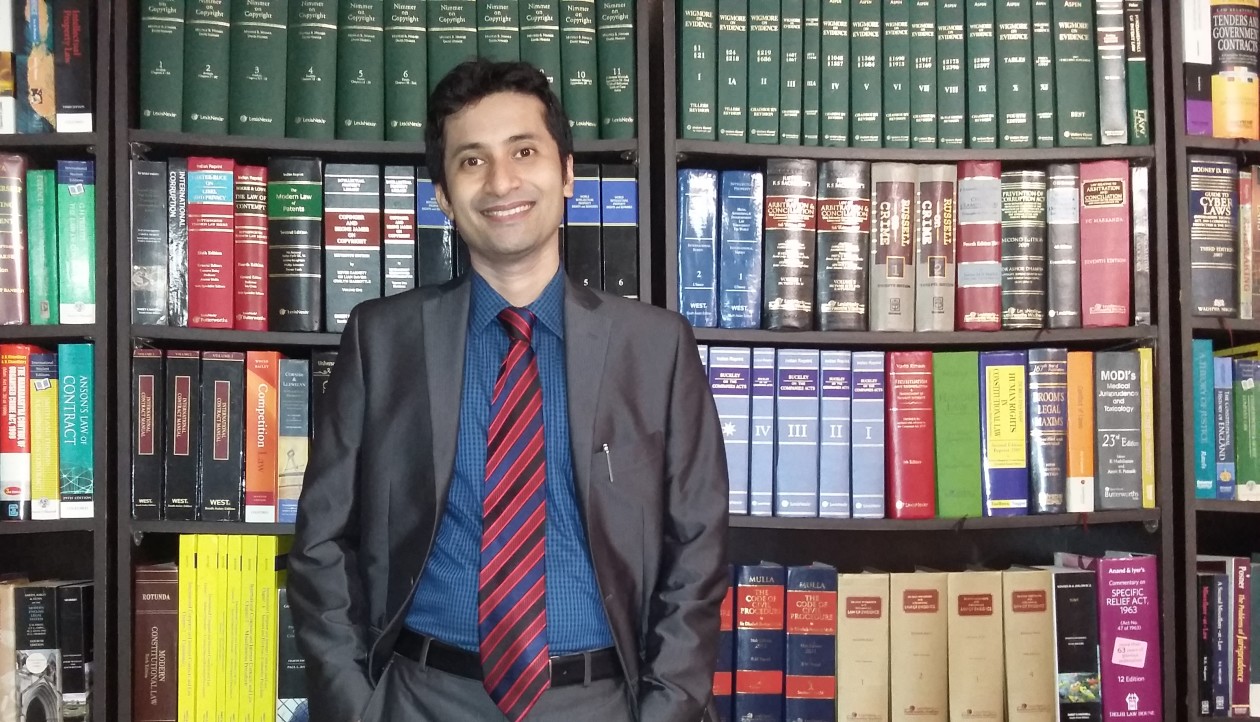David Cameron has finally set June 23rd as the date for a referendum on Britain’s continued membership of the European Union. But such announcement has kicked in new accusations and controversies. Indian orgin minister, Priti Patel, on behalf of Vote Leave campaign group has alleged that the civil servants are not cooperating with the Brexit supporting ministers. She said that the civil service must maintain impartiality during the EU referendum. Secretaries of state are responsible for their departments. For an unelected official to prevent them being aware of the information they need for their duties is wrong.
On the other hand international business leaders are warning United Kingdom of the serious complications that could follow a Brexit. Financial services, farming and millions of Britons living in Europe can be seriously affected if Britain chooses to leave European Union. Europhiles argue that UK’s withdrawal from the EU would mean unravelling all the rights and obligations – from access to the single market, to structural funds for poorer regions, to joint action on sanctions – that the UK has acquired during the accession to the EU. As well as negotiating its withdrawal, the UK would also want to negotiate its post-exit arrangements with the EU. A recent report suggests that a vote to leave the EU would be the start, not the end, of a process. It could lead to up to a decade or more of uncertainty! Labour’s shadow Business Secretary has been recently forced to defend Jeremy Corbyn against charges that he is privately against the continued membership of the EU. Even the pound is falling to its lowest level against the dollar since 2009.
G20 in a joint communique at the end of the recently concluded two-day meeting in Shanghai had warned that downside risks and vulnerabilities have risen, against the backdrop of volatile capital flows, a large drop of commodity prices, escalated geopolitical tensions, the shock of a potential UK exit from the European Union and a large and increasing number of refugees in some regions.
But Euroseptics continue to argue that EU was a “fundamentally flawed concept” that threatened the sovereignty of its members. London Mayor Boris Johnson said ‘It is the European Court of Justice, with its vast new remit over the charter of fundamental rights, that is making it harder month by month for the security services to get on with their job – whether it be expelling murderers or monitoring terrorist suspects. It is the border-free Europe, obviously, that makes it so much easier for our enemies to move around.’ Euroseptics further reason that post Brexit UK would have the ability to sign genuine FTAs with whichever nation(s) it wishes. There can also be tremendous advantages in a U.S.-U.K. free trade area. UK will reassert its commitment to international organisations like NATO and continue cooperation with the European nations in areas of common geopolitical interests.
The Britons are evenly divided on this serious issue. If Brexit happens, whether the UK would be more prosperous is a million dollar question which only time can answer.
